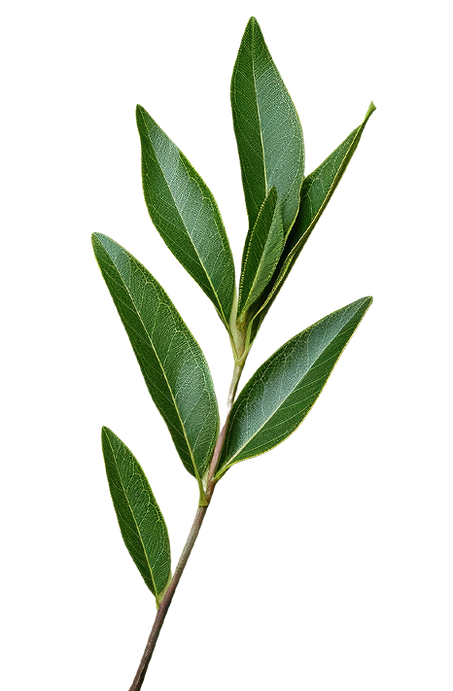

Worship
When the shofar sounds, worship ignites!
At Mosaic Life Fellowship, we embrace simplicity and elegance in our praise of Yeshua. Our worship is unplugged, allowing the genuine expression of our hearts to resonate. We prioritize leading Yahweh's people into worship without overpowering them. It's not about showing out, but simply showing up for Him! Join us as we lift our voices in authentic worship.





Teaching
Everyone is Welcome!
Welcome to Mosaic Life Fellowship. We are a group of Torah believing and Sabbath Keeping lovers of Yeshua, whom meet in the Nashville, TN Area. You are invited to come worship with us as we give praise to the Almighty God of Abraham, Isaac, and Jacob.
Come and embrace
Yeshua (Jesus) as our Messiah. Come be blessed and experience, Anointed Praise & Worship, Inspirational Teachings and Friendly faces.
Torah Study @9:30 am
As a congregation we study each week the Torah Portion or what is called the parashah which is a section of the Torah (Five Books of Moses) read on a particular week. There are 54 Parashah, in Hebrew, and the full cycle is read over the course of one year.
We all read that weeks portion before the Sabbath and then come together to engage in dynamic midrash-style discussion.
Please be respectful of each person as we grow and learn together.
Service- English @10:30am
Welcome to a service unlike any other! Come join us every Sabbath (Saturday) for great worship, in-depth teaching, as well as a time of prayer, with fellowship and a meal to follow!
We begin our service with reading scripture from our Shabbat Siddur. We have Shabbat Siddurs available if you would like to read along.
At the blowing of the shofar, worship begins!
We focus on the simplicity and elegance of praising Yeshua!
We worship with music and song from the heart, allowing for Yahweh's people to first be led into worship, but never drowned out!
There's no performance mentality just praise for the almighty!
There is a time of teaching from the word of YHWH and after service we have a time for congregational prayer.
We will then gather for our fellowship meal.
(We eat Biblically clean. Please ask if you need clarification.)
Come Worship with us!



Shema

As a declaration of faith and love in our one true God the Shama is recited at the end of most services:
The first line of the Shema,
"Hear O Israel, the Lord is our God, the Lord is One" (Shema Yisrael Adonai eloheinu Adonai ehad) The second line,
"Blessed is the name of His Glorious Majesty forever and ever" (Barukh shem kvod malkhuto l'olam va-ed).
Deuteronomy 6:4-9
Shofar
The shofar, typically made from a ram's horn, holds deep significance in biblical tradition. Its primal sound pierces the soul, evoking historical events and spiritual symbolism. Used during Sabbath services, it symbolizes praise and worship, resonating with scriptural references. Its use is rooted in tradition, with enduring significance even into the Messianic Era, as prophesied in Isaiah 66:22-23.



Menorah

The Menorah, originally crafted from a single piece of gold as commanded by God for the Holy Temple, symbolizes Divine light. Lit daily by the High Priest with pure olive oil, its unique design, with goblets turned upside down, signifies the spreading of light to others. Reflecting its purpose, the Menorah embodies the mission to illuminate the world with Godliness.
John 8:12-30
Yeshua spoke to them, saying, “I am the light of the world. Whoever follows me will not walk in darkness, but will have the light of life.”



The Moedim
We celebrate and honor The Moedim "Appointed Times", which are typically called, "Jewish holidays" but in the Bible are referred to as God's feast days.
- Leviticus 23
These include:
- Pesakh (Passover),
A Feast of Salvation. Delivered from Egypt then and from sin now.
- Matzah (Unleavened Bread),
Removal of sin, Leavening is symbolized as sin in the Bible that we need to remove from our lives.
- Yom Habikkurim (First Fruits), Celebrate the harvest then and now the resurrection of Yeshua *(Jesus) as first fruits from the dead.
- Shavuot (Pentecost), Fifty days then the giving of the Law and the giving of the Holy Spirit.
-Yom Teruah (day of trumpets), A festival given as a warning cry for us to wake up and repent a reminder that Yeshua will return.
- Yom Kippur (Day of Atonement), it is time to teshuvah a time to repent & turn back to YHVH God)
- Succot (Tabernacles), He will return, to make our temporary home into a permanent one with him.
Spring Feast
Fall Feast


